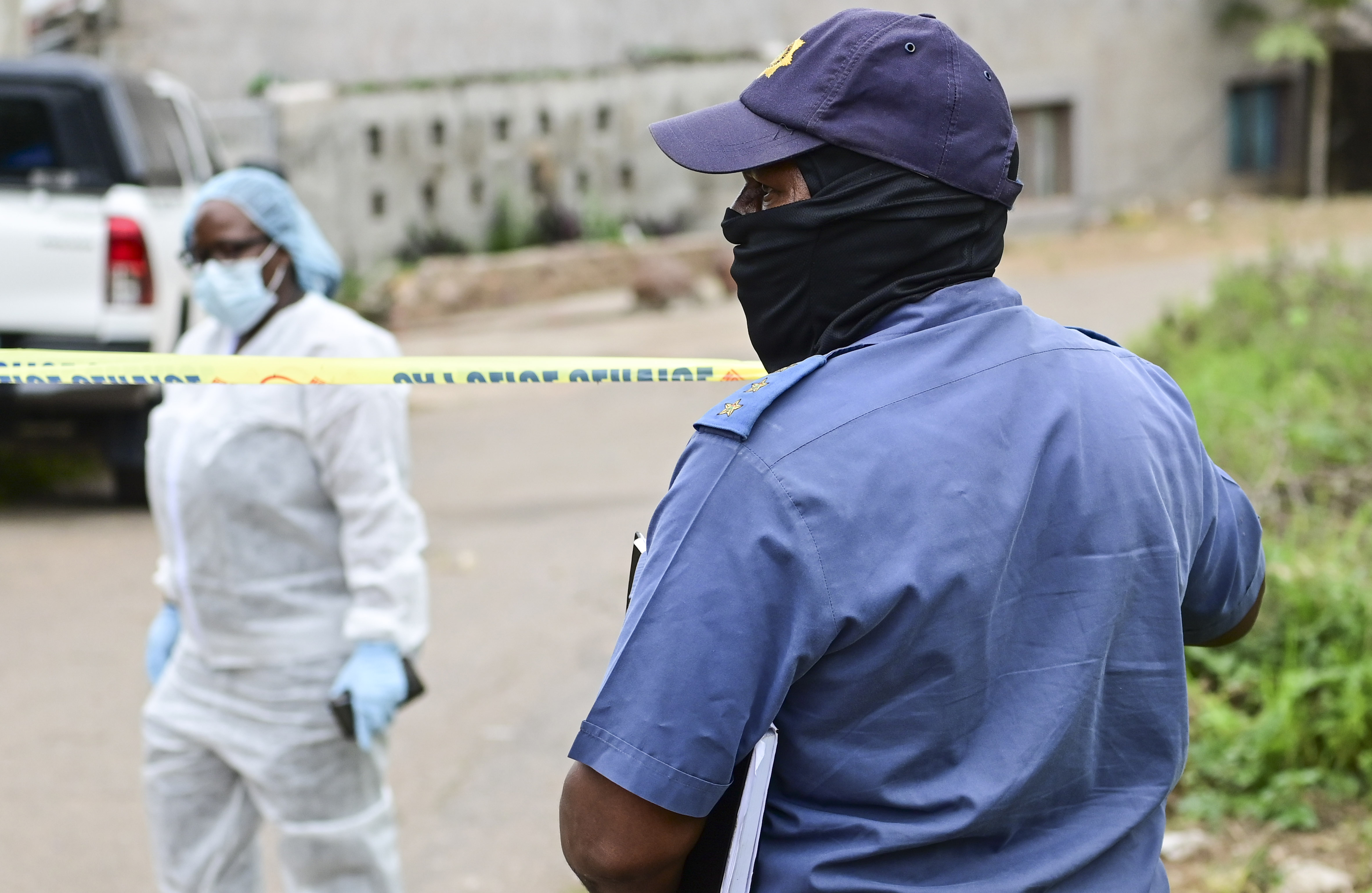The latest Stats SA Governance Public Safety and Justice Survey for 2023-2024 confirms a disturbing trend: a significant number of crimes go unreported, even in the face of alarming crime statistics.
One might expect that coming home to find your house burgled, your first reaction would be to immediately call the police. However, this is not the case for the majority, with only 44% of housebreakings being reported. These crimes have risen 12% since last year. Alarmingly only 57.6% of home robberies, where the occupants are present, were reported.
The reasons for this apathy are deeply rooted in widespread dissatisfaction with our police service. Among the most common reasons given were poor response times, corruption and a general loss of faith in the ability of the police to investigate crime.
In a recently released Afrobarometer survey, 45% of respondents found it difficult to get police assistance, while 18% reported that they needed to pay a bribe to get help.
These results mirror findings of a 2022 survey undertaken in Mitchells Plain where residents expressed frustration over long police response times and alleged police collusion with gangs.
In response to these issues, The African Policing Civilian Oversight Forum (Apcof) worked with SAPS, the Community Police Forum and neighbourhood watches in Mitchells Plain to understand what was driving dissatisfaction with police, and to develop a baseline to measure progress on a plan of action to address these concerns.
The underlying assumption was that distrust in the police created a significant barrier to accessing justice. When police are mistrusted, crimes are not reported, witnesses are reluctant to come forward and crucial information needed to solve crimes and make communities safer is not available.
At the extreme end of this spectrum, the police may be perceived as the enemy, leading to a rise in vigilante justice.
The longer this distrust continues, the more difficult it is to return to collaborative policing.
The Apcof initiative developed a set of indicators reflecting the characteristics of desired police behaviour. These indicators were developed collaboratively by police and community members, and used to create quantifiable measures, setting an objective baseline for tracking progress.
Improvement areas
Six improvement areas were identified. Only one focused on improved responsiveness to safety; the others related to service orientation, treating people with dignity, non-discrimination, accessibility and integrity.
While crime and violence are heavily influenced by risk and resilience factors, often outside the direct control of the police, these other essential community-service needs fall squarely within the police’s domain and its ability to address.
Measures were developed for each improvement area, and a survey was undertaken through a network of community agencies in Mitchells Plain. This survey, which involved a representative sample of 300 residents of the police precinct and selected at random, was conducted independently of the police.
On a scale of 0-10, where zero reflects extreme impoliteness, Mitchells Plain SAPS officers scored four.
Only 26% of residents reported that police officers assisted them in their home language, and 25% of respondents felt that the police never treated them with respect.
On a scale of 0-10, where zero reflects unfair treatment by the police, the score was 3.8. Additionally, 71% of respondents felt that the police didn’t treat all socioeconomic groups equally.
These are fundamental human rights: the right to be treated with dignity and without discrimination. They give clear insights into how well we are meeting our international rights obligations. At a broader level, data like this, along with the recent Governance, Public Safety and Justice Survey, must guide police performance management, budgeting and planning.
Basic principles
At a local level, these findings offer both an agenda and a baseline for police action on performance areas that they can directly address. The pleas of community members to be treated fairly, equally, and politely, even amid the challenges posed by serious gang crime, were identified by them as core to their relationship with the police.
Actions identified by the police and community members in Mitchells Plain to improve relations included customer service training, communication and legal literacy material, language proficiency for officers deployed to the area, and conflict resolution skills.
The failure by police to achieve these basic principles of procedural and administrative justice, the devastating effect it has on community trust in the police, and on the extent to which police can successfully carry out their mandate, is not a new issue.
Notably, it was highlighted 10 years ago by the Khayelitsha Commission of Inquiry, which made recommendations to address police inefficiency and the breakdown of relations between SAPS and the Khayelitsha community.
Rebuilding relationships
The decline in trust in policing in South Africa over recent years is significant. While the reasons are complex and varied, basic expectations of service delivery offer a framework for building and rebuilding relationships.
Addressing these expectations can help identify agreed priorities and provide the metrics to measure and track progress. Restoring community faith in policing requires urgent and meaningful reform.
Addressing the identified gaps – such as improving response times, ensuring equitable treatment and fostering community trust – can lay the groundwork for rebuilding this crucial relationship.
By meeting fundamental expectations of dignity, respect and non-discrimination, the police can begin to mend the fractured bond with the communities they serve.
The path to a safer South Africa starts with holding our police accountable for their service delivery, and a commitment by our leaders to systemic changes in policing culture and management. DM
Sean Tait is the director of the African Policing Civilian Oversight Forum.




